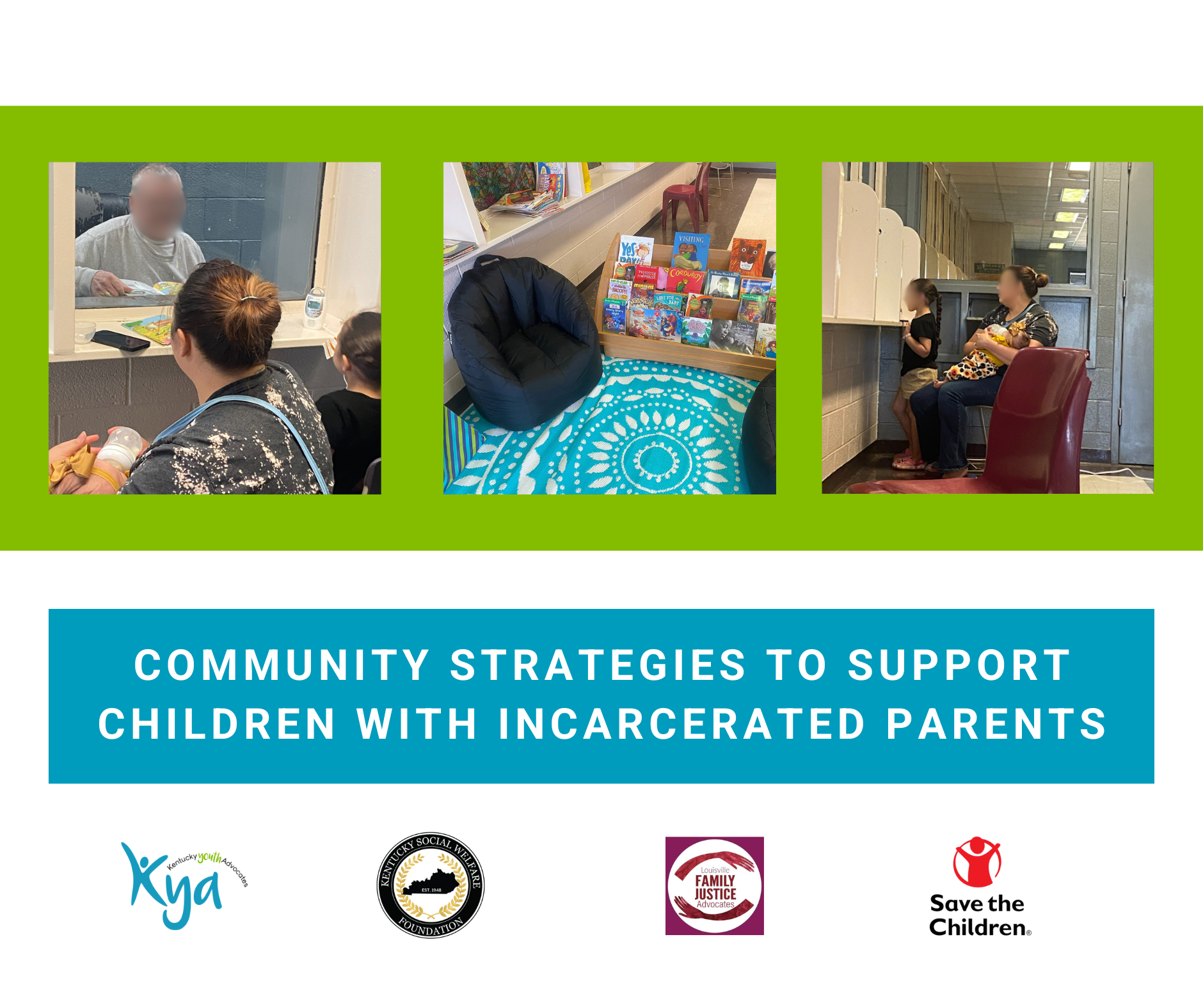 There is a swirl of speculation about the topic. Is the Governor going to call a special session, and – if so – what will be on “the call?” Or what are the priorities emerging at this very moment in Cabinet-level planning for the 2014-16 budget? Any talk about budgets offers us both hope and worry. Will it spotlight the very real need for fundamental and systemic changes in the state’s tax and budget structures or will it fall into gimmicks and head-line grabbing theatrics? We need the Governor and legislative leaders to make smart investments to ensure that children and families are a Kentucky priority. As we all know and hear often – children are our future.
There is a swirl of speculation about the topic. Is the Governor going to call a special session, and – if so – what will be on “the call?” Or what are the priorities emerging at this very moment in Cabinet-level planning for the 2014-16 budget? Any talk about budgets offers us both hope and worry. Will it spotlight the very real need for fundamental and systemic changes in the state’s tax and budget structures or will it fall into gimmicks and head-line grabbing theatrics? We need the Governor and legislative leaders to make smart investments to ensure that children and families are a Kentucky priority. As we all know and hear often – children are our future.
Making kids and families a priority has to be more than rhetoric. It is about a budget that emphasizes prevention and a return on investment. It is about avoiding the all too common trap of being penny wise and pound foolish. For example, finding some seed money to invest in community-based early interventions for children who are charged with offenses would avoid costly incarceration while still holding young people accountable and getting them back on track.
We also need to think about the intersections of health and early childhood; child welfare and the K-12 system; safety and economic security. We know kids can’t learn when they’re sick and that children in high quality child care and preschool come to kindergarten ready to learn. That means we cannot allow the current “silo-ed” approach where cabinets and sectors compete against one another instead of collaborating on best practice policy solutions.
While we need that kind of long-term thinking, we also have to directly address some very real problems that came as a result of the Governor’s budget cuts to the Child Care Assistance Program and the Kinship Care Program.
Beginning April 1, no new families were allowed to receive child care assistance – a move that was expected to save only 0.4 percent of the state budget and will cost the state more money long term. Research is clear that parents are more likely to work when they have reliable child care, and they find it challenging to work when they do not. Helping families pay for child care makes it more likely they can get and keep a job. Several past waiting list studies indicate that without child care assistance, parents turned to welfare.
The state has also stopped new applications for the Kinship Care Program, which provides financial support to non-parental, relative caregivers, like grandparents. This program prevents children from entering foster care or group homes. Research shows that kids recover faster and better with relatives than with strangers, even well-intentioned strangers.
Cuts to kinship care subsidies will make it harder for grandparents and other relatives to help kids recover from abuse or neglect and drive more kids into the foster care system. Cuts to child care subsidies will undoubtedly force some families to make drastic decisions; including quitting their jobs or leaving their children in inadequate and potentially unsafe care that puts the children at risk of harm.
Budgets are about priorities. If helping kids recover from abuse and neglect, and keeping parents working, are important to our elected officials, then the General Assembly and Governor Beshear need to find the resources to protect those investments. We can build a budget that values families and that saves the state money. Cutting the Kinship Care and Child Care Assistance Programs will cost the state more money in the long run, and make it harder for Kentucky to build a prosperous, competitive economy.
Governor Beshear recently stated that he is still considering calling a special session to tackle tax reform to pay for education. If this happens, he needs to tackle tax reform to create a budget system that provides critical investments in proven child programs – especially the Kinship Care and Child Care Assistance Programs. Our leaders need to hear from you about how these cuts are affecting Kentucky kids and families. Share your story of how the cuts have affected you or your organization with Governor Steve Beshear and your state legislators and ask them to restore these cuts.
Learn how to take action today here.






Leave A Comment